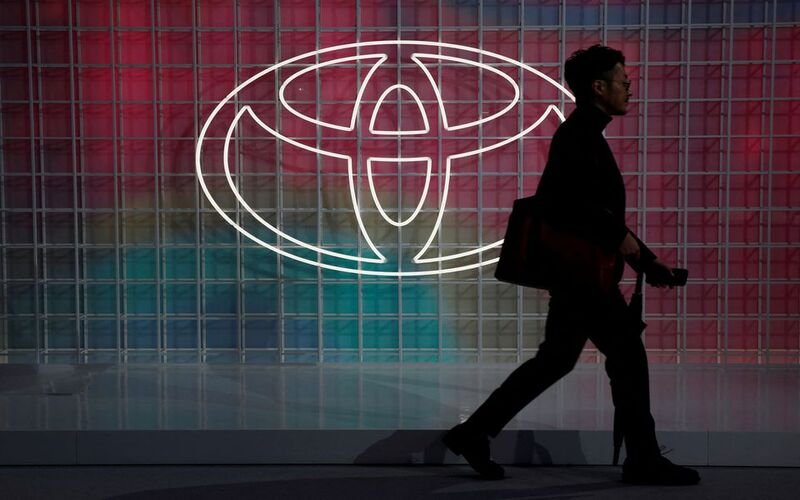According to a business letter, Toyota Motor (7203.T) of Japan is pleading with the Indian government to reduce taxes on hybrid automobiles by as much as one-fifth because they are far less polluting than petrol vehicles but do not receive the same policy treatment.
Although the government of Prime Minister Narendra Modi has focused on promoting the sales of electric cars (EVs), granting businesses millions of dollars in incentives to produce EVs and batteries, the world’s largest automaker plans to increase manufacturing capacity to match an increase in Indian demand for hybrids.
India only levies a 5% tax on EVs, compared to a 43% tax on hybrids, which is still less than the 48% tax on gasoline-powered vehicles. According to a letter to Modi’s Niti Aayog think tank, which plays a crucial role in policymaking, Toyota claims that this 5-percentage-point differential favoring hybrids over petrol cars is “insufficient” considering the reduced emissions and better fuel efficiency hybrids offer.
According to the letter from Vikram Gulati, the country head of Toyota India, the tax difference between hybrids and petrol automobiles should be as much as 11 percentage points for hybrids and 14 points for flex-hybrids.
According to estimates by Reuters, this results in tax rates of 37% for hybrids and 34% for flex-hybrids, which represent reductions of up to 14% and 21%, respectively. In the unreported letter from September 20, Gulati said, “We would kindly request proportionate policy support.”
Investors and environmental organizations have criticized Toyota, which popularized hybrid technology with the Prius, for continuing to promote hybrids, arguing that they make more sense in markets where the infrastructure is not yet ready for EVs.
While Toyota and Honda Motor (7267.T) desire assistance for hybrids, Indian auto industry behemoths Tata Motors (TAMO.NS) and Mahindra & Mahindra (MAHM.NS) are supporting electric vehicles.
Toyota declined to respond to the letter but stated that using electrified and alternative energy sources like EVs and hybrids was the “most optimal way” to lower carbon emissions.
An inquiry for a response from Niti Aayog was not answered. Toyota has started working on electric vehicles while supporting hydrogen-powered vehicles, claiming that a “multi-pathway” strategy is required to address the climate challenge.
According to Toyota, manufacturing hybrids in India is “30%–35% more expensive than their petrol counterparts” due to the country’s tax system and the usage of normally more expensive powertrain components, such as engines and electrified ones like batteries and motors.
Toyota also requests that India provide hybrid cars under a government incentive program that provides purchasers with discounts, a program that is now only accessible for EVs.
































Comment Template